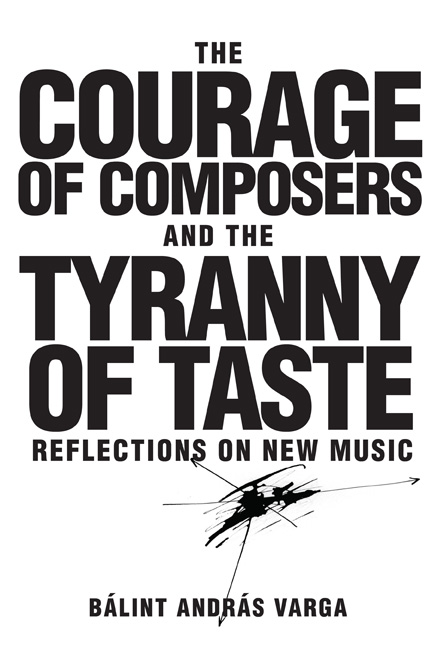14 - Sofia Gubaidulina (b. 1931)
Published online by Cambridge University Press: 22 May 2021
Summary
In the “plurologue” that emerges among composers in this book, each individual tells his or her story—stories that add up to an aspect of the history of music in the last decades of the twentieth and the first years of the twenty-first centuries.
Sofia Gubaidulina was five years old when the Stalinist purges began to wreak havoc in the Soviet Union and eight when they ebbed away. To what extent her birthplace, Chistopol, in the Republic of Tatarstan was affected, I do not know. Did she grow up in an atmosphere of fear?
She was twenty-two when Stalin died; the year after, she graduated from the Kazan Conservatory. During her subsequent studies in Moscow, her music was deemed irresponsible because of her experiments with alternative tunings. Roughly at the same time, György Ligeti fell afoul of the authorities in Hungary because of some unorthodox aspects of a movement of his Six Bagatelles for wind quintet; János Viski suffered a fatal heart attack after a confrontation with the Budapest Music Academy's director over a dangerously Webernian student composition by Péter Eötvös. Siegfried Matthus and Paul-Heinz Dittrich supply their own reminiscences about their experiences in communist East Germany. Their luckier colleagues in the West, such as Wolfgang Rihm or Manfred Trojahn, comment on those years from their own vantage points.
Gubaidulina was to face further difficulties over her experimentations with improvisation; she was bound to be condemned by the all-powerful general secretary of the Union of Soviet Composers, Tikhon Khrennikov. She found support from Dmitri Shostakovich—and several of her colleagues represented in this book confirm their need of a father—or mother—figure at some point in their lives: such as Günter Bialas was for Jörg Widmann, Marianne Stein for György Kurtág, or Elfriede Jelinek for Olga Neuwirth.
For all these aspects that Sofia Gubaidulina may have in common with some of her colleagues, she is very much a personality all her own. On the only occasion I met her for a couple of minutes in person, she struck me as extremely shy.
- Type
- Chapter
- Information
- The Courage of Composers and the Tyranny of TasteReflections on New Music, pp. 87 - 89Publisher: Boydell & BrewerPrint publication year: 2017



